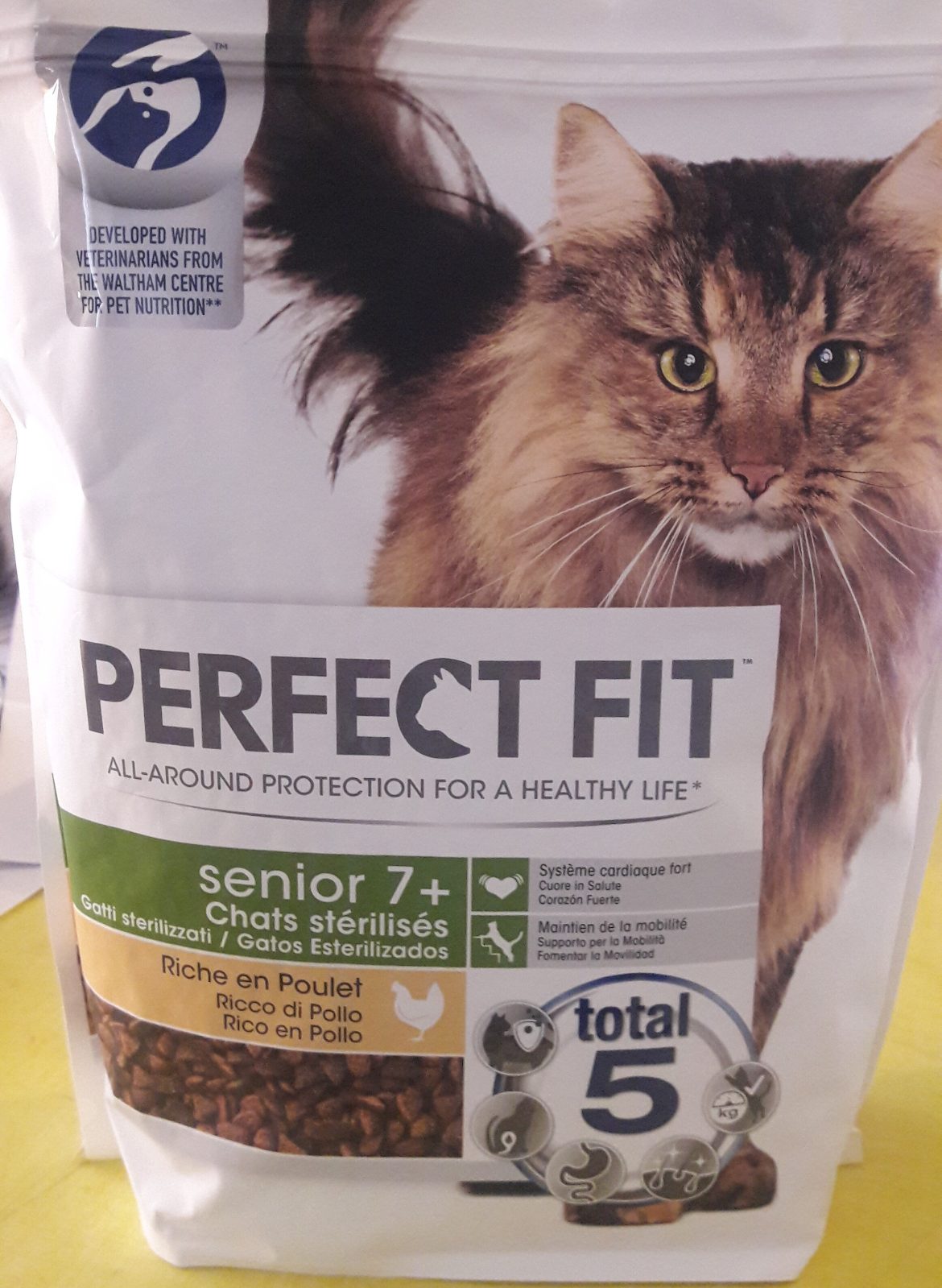As our furry friends age, their nutritional needs change. Just like humans, senior pets require a balanced diet to maintain their health and well-being. But with so many options available, how do you choose the perfect diet for your aging pet? In this article, we will explore the importance of senior pet nutrition and provide tips on how to select the right diet for your furry companion. From understanding your pet’s specific needs to navigating the various types of food available, we’ve got you covered. So, let’s dive in and ensure your senior pet is getting the nutrition they need to thrive in their golden years.
1. “Aging Gracefully: The Importance of Senior Pet Nutrition”
As our furry friends age, their nutritional needs change. It’s important to provide them with the right nutrients to ensure they age gracefully and maintain their health. Here are some key factors to consider when it comes to senior pet nutrition:
- Protein: As pets age, their bodies require more protein to maintain muscle mass and support their immune system. Look for high-quality protein sources such as chicken, fish, and eggs.
- Fiber: Senior pets may experience digestive issues, so it’s important to provide them with enough fiber to keep their digestive system functioning properly. Foods such as sweet potatoes, pumpkin, and brown rice are great sources of fiber.
- Omega-3 Fatty Acids: These essential fatty acids are important for maintaining healthy skin and coat, as well as supporting joint health. Look for foods that contain sources of omega-3s such as fish oil or flaxseed.
In addition to providing the right nutrients, it’s also important to monitor your senior pet’s weight and adjust their diet accordingly. As they become less active, they may require fewer calories to maintain a healthy weight. Regular check-ups with your veterinarian can help ensure your pet is receiving the proper nutrition and care they need to age gracefully.
2. “The Quest for the Perfect Diet: Navigating Senior Pet Nutrition”
Senior pets require a different diet than their younger counterparts. As they age, their metabolism slows down, and they become less active. This means they need fewer calories and more nutrients to maintain their health. However, finding the perfect diet for your senior pet can be challenging. Here are some tips to help you navigate senior pet nutrition:
– Consult with your veterinarian: Your vet can help you determine your pet’s nutritional needs based on their age, weight, and health condition. They can also recommend specific brands and types of food that are suitable for senior pets.
– Look for high-quality ingredients: Senior pets need more protein, vitamins, and minerals to support their aging bodies. Look for food that contains high-quality ingredients such as real meat, whole grains, and vegetables. Avoid food that contains fillers, artificial preservatives, and by-products.
– Consider specialized diets: Some senior pets may have specific health conditions that require a specialized diet. For example, pets with kidney disease may need a low-protein diet, while pets with dental problems may benefit from soft or wet food. Consult with your vet to determine if your pet needs a specialized diet.
In conclusion, finding the perfect diet for your senior pet requires some research and consultation with your veterinarian. By choosing high-quality ingredients and considering specialized diets, you can help your pet maintain their health and enjoy their golden years.
3. “Tailoring Your Senior Pet’s Diet: Tips for Optimal Nutrition
As our pets age, their nutritional needs change. Senior pets require a diet that is tailored to their specific needs to ensure optimal health and longevity. Here are some tips to help you provide your senior pet with the best nutrition:
- Choose a high-quality senior pet food: Look for a food that is specifically formulated for senior pets. These foods are designed to provide the right balance of nutrients for older pets. They are also easier to digest, which is important for pets with sensitive stomachs.
- Consider adding supplements: As pets age, they may require additional supplements to support their health. Talk to your veterinarian about adding supplements like glucosamine and chondroitin to your pet’s diet to support joint health.
- Watch your pet’s weight: Senior pets are more prone to weight gain, which can lead to health problems like diabetes and heart disease. Make sure you are feeding your pet the appropriate amount of food and monitor their weight regularly.
By following these tips, you can help ensure that your senior pet is getting the nutrition they need to stay healthy and happy in their golden years. Remember to always consult with your veterinarian before making any changes to your pet’s diet or adding supplements.
In conclusion, choosing the right diet for your senior pet is crucial for their overall health and well-being. As pets age, their nutritional needs change, and it’s important to provide them with the right balance of nutrients to keep them healthy and happy. By consulting with your veterinarian and doing your own research, you can find the perfect diet for your furry friend. Remember, a healthy diet can help your senior pet live a longer, happier life, so take the time to choose wisely.

